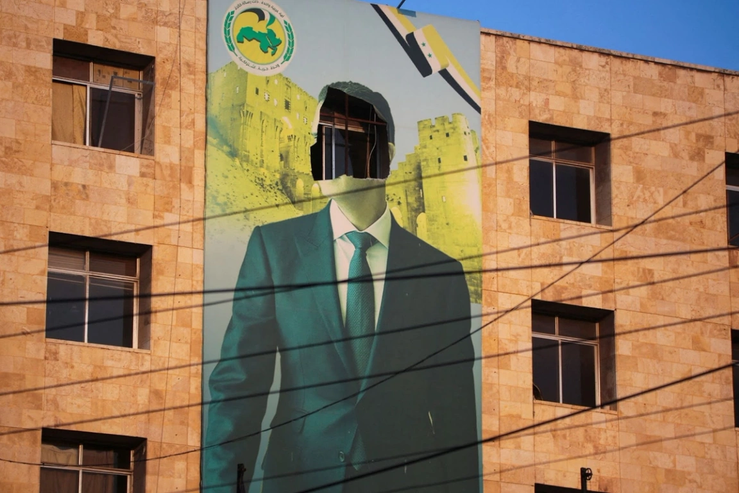The News
Syrian President Bashar al-Assad’s regime scrambled to respond to sudden, heavy losses after rebels retook swathes of territory in a swift offensive.
Anti-government fighters captured at least one major military base, and chunks of two provinces, including Syria’s second city, Aleppo, and were pressing towards another population center, Hama.
The onslaught, led by a group formerly linked to Al-Qaeda and still considered a “terrorist” organization by the US, upended years of stasis in a civil war that Assad appeared to have won — at a cost of hundreds of thousands of lives and the displacement of millions.
The “assessment that Assad’s rule was stable… has been torn to shreds,” one Syria analyst noted.
SIGNALS
Assad shores up defenses as rebels advance
The Syrian army has fortified defensive lines around key cities, launched airstrikes, and surged troops to areas of active conflict in a bid to stanch the Syrian rebels’ territorial gains, the Institute for the Study of War said. Iran-backed Iraqi militias have also crossed into Syria to support the government, Reuters reported, entering the country in small groups to avoid airstrikes. The regime’s assault will likely intensify in the days and weeks ahead, one expert told The Guardian: “The actual battle hasn’t started yet. Assad might be applying an old strategy that worked for him before: withdraw, regroup, fortify and counterattack.”
Syrian regime’s key allies are bogged down by conflicts of their own
Assad’s allies, Iran and Russia, are weighing how much support they can offer the Syrian regime while distracted and weakened by their own conflicts. Russian forces carried out airstrikes on areas controlled by the rebels, and Moscow and Tehran pledged “unconditional support” for the regime on Monday. Although Russian forces played a considerable role in preserving the Assad regime from 2015 onwards, “Russia’s presence has thinned out considerably and quick reaction air strikes have limited utility,” one expert told Al-Monitor. Still, another expert warned: “Don’t underestimate Russia’s and Iran’s stakes in Syria or their ability to mobilize disparate forces in support of Assad.”
Rebel advance comes after Assad’s steadfast refusal to compromise
Al-Assad has rebuffed efforts to compromise with his opponents and engage in negotiations despite pushes to do so from both allies and adversaries, the Financial Times reported. He showed little interest in negotiating with Turkey, the primary backer of the Syrian opposition, or with other regional powers to stabilize the situation on the ground. “He had a chance to negotiate this in a face-saving way politically, but he refused,” an expert told the FT. The insurgents’ advance also shows that the Assad regime is more brittle than many believed, experts argued. Longtime Syria-watcher Charles Lister said the rebel advance was not the result of Iran and Russia’s weakness, but “the result of a profoundly fragile regime & fragmented ‘military.’”


